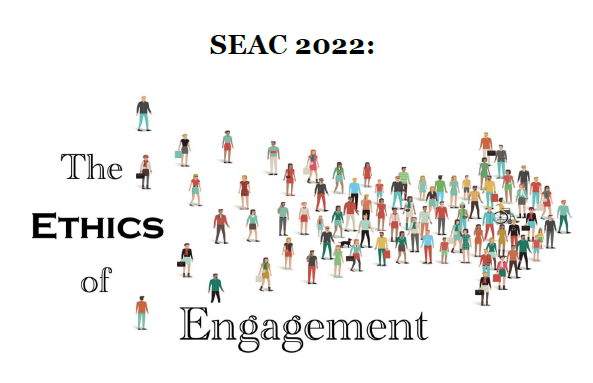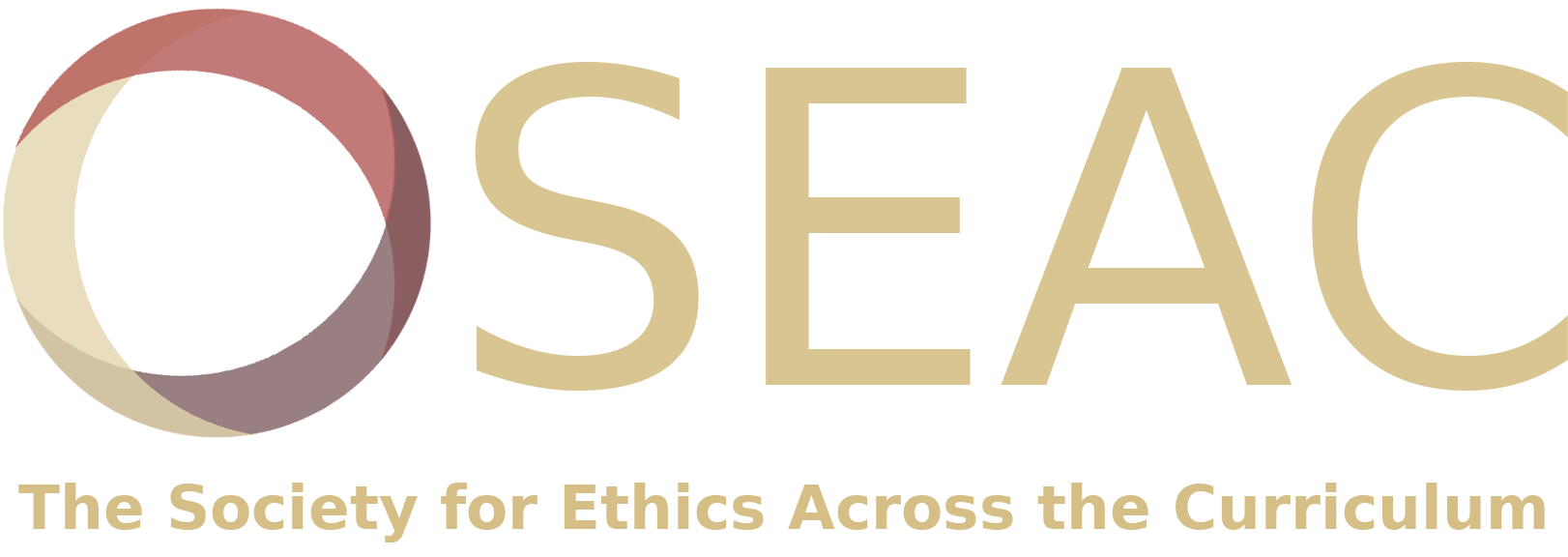
Concurrent Session 5D
Location
Ford Ballroom D, The Inn at Ole Miss
Start Date
7-10-2022 1:35 PM
End Date
7-10-2022 2:45 PM
Description
- The Production of Fear and Loathing for Power and Profit / Stephen Scales, Towson University
There are people in the world who benefit politically and financially from keeping the American public divided, cynical, and distrustful of central institutions and experts. Such people have devised and implemented strategies to skillfully manipulate the American public, leading us to misdirect our engagement and thwarting collective action. These strategies are recognizable and rely upon our genetically inherited tendencies to focus our attention on potential threats, to prefer simple explanations over more complex realities, and to unite in “tribes” which include some and exclude others.
We all swim in a sea of influences which aim to bypass our autonomy and shape our beliefs and behaviors (often against our own best interests). Our students are no exception; hence, part of the task of fostering civic engagement among them must include working to overcome the influence of those who intentionally produce fear and hatred among us. The stakes could not be higher: When people lose trust in each other and in their capacity to shape the systems of rules and norms that guide their social lives, they enter upon a downward spiral of increasing corruption, division, and mistrust which jeopardizes all the goods that come from cooperative living. I look at strategies that have been used to produce fear and loathing among us, explain a bit about how they exploit our genetically inherited brains, and offer some suggestions about how we can lead our students to combat such malign influences. - Care Ethics and Fake News: How Nel Noddings’ Educational Reform Proposal Can Help Address the Fake News Problem / Dakota Layton, Independent Scholar
Nel Noddings identifies four problems with the primary education system in the United States: First, there is no established caring relationship between educational authorities and students. Second, there is no continuity in student-teacher relationships. Third, Common Core neglects deep existential questions and thereby leaves students’ existential longings unsatisfied. Fourth, Common Core does not emphasize connections between the disciplines to each other or to real-life problems. Noddings proposes that instead of uniting around the purpose of financial security, the primary education system should unite around the purpose of producing better adults, through a care ethics framework. The Associated Press defines fake news as, “deliberately false stories that appear to come from credible, journalistic sources…designed to be spread around the internet — previously as jokes, but increasingly often, to influence political opinion.” Today, social media platforms like Facebook enable users to relay fake news stories to other users that aren't fact-checked, and these stories have the potential to reach as many people as media outlets like CNN, Fox News, and The New York Times. The four problems with the primary education system identified by Noddings contribute to the fake news problem in the following way: The first two problems sow the seeds for future distrust of expertise; The third problem deadens students’ critical thinking skills and curiosity for knowledge; and the fourth problem plays into the structure of how fake news is designed and consumed. I will argue that Noddings’ educational reform proposal is the ideal solution for addressing these problems.
Session Chair: Glen Sinclair, E-Sinc
Relational Format
conference proceeding
Recommended Citation
Scales, Stephen; Layton, Dakota; and Sinclair, Glen, "Concurrent Session 5D" (2022). Society for Ethics Across the Curriculum Conference. 31.
https://egrove.olemiss.edu/seac/2022/schedule/31
COinS
Oct 7th, 1:35 PM
Oct 7th, 2:45 PM
Concurrent Session 5D
Ford Ballroom D, The Inn at Ole Miss
- The Production of Fear and Loathing for Power and Profit / Stephen Scales, Towson University
There are people in the world who benefit politically and financially from keeping the American public divided, cynical, and distrustful of central institutions and experts. Such people have devised and implemented strategies to skillfully manipulate the American public, leading us to misdirect our engagement and thwarting collective action. These strategies are recognizable and rely upon our genetically inherited tendencies to focus our attention on potential threats, to prefer simple explanations over more complex realities, and to unite in “tribes” which include some and exclude others.
We all swim in a sea of influences which aim to bypass our autonomy and shape our beliefs and behaviors (often against our own best interests). Our students are no exception; hence, part of the task of fostering civic engagement among them must include working to overcome the influence of those who intentionally produce fear and hatred among us. The stakes could not be higher: When people lose trust in each other and in their capacity to shape the systems of rules and norms that guide their social lives, they enter upon a downward spiral of increasing corruption, division, and mistrust which jeopardizes all the goods that come from cooperative living. I look at strategies that have been used to produce fear and loathing among us, explain a bit about how they exploit our genetically inherited brains, and offer some suggestions about how we can lead our students to combat such malign influences. - Care Ethics and Fake News: How Nel Noddings’ Educational Reform Proposal Can Help Address the Fake News Problem / Dakota Layton, Independent Scholar
Nel Noddings identifies four problems with the primary education system in the United States: First, there is no established caring relationship between educational authorities and students. Second, there is no continuity in student-teacher relationships. Third, Common Core neglects deep existential questions and thereby leaves students’ existential longings unsatisfied. Fourth, Common Core does not emphasize connections between the disciplines to each other or to real-life problems. Noddings proposes that instead of uniting around the purpose of financial security, the primary education system should unite around the purpose of producing better adults, through a care ethics framework. The Associated Press defines fake news as, “deliberately false stories that appear to come from credible, journalistic sources…designed to be spread around the internet — previously as jokes, but increasingly often, to influence political opinion.” Today, social media platforms like Facebook enable users to relay fake news stories to other users that aren't fact-checked, and these stories have the potential to reach as many people as media outlets like CNN, Fox News, and The New York Times. The four problems with the primary education system identified by Noddings contribute to the fake news problem in the following way: The first two problems sow the seeds for future distrust of expertise; The third problem deadens students’ critical thinking skills and curiosity for knowledge; and the fourth problem plays into the structure of how fake news is designed and consumed. I will argue that Noddings’ educational reform proposal is the ideal solution for addressing these problems.
Session Chair: Glen Sinclair, E-Sinc


